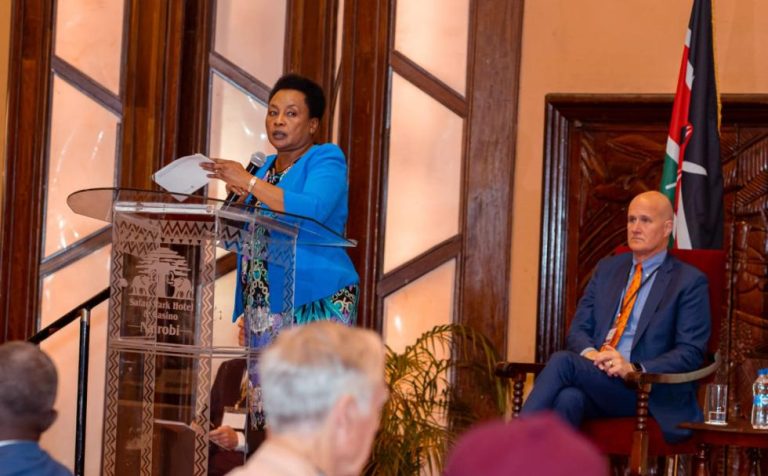The International Religious Freedom (IRF) Summit officially kicked off today in Nairobi, bringing together prominent policymakers, judicial leaders, and faith representatives from across Africa.
The meeting seeks to elevate religious liberty as a cornerstone of peace, human dignity, and development.
The landmark three-day event is organised by Pepperdine University and the Religious Freedom Institute, and hosted by the Global Peace Foundation.
Chief Justice Martha Koome serves as the host of the summit, which aims to spotlight the escalating threats to religious freedom across the continent and galvanize collective efforts to defend it.
Speaking at the opening session, Bola Obasanjo, Co-Chair of the IRF Summit, underscored the urgency of the cause.
“Africa needs greater investments of time and talent to advance religious freedom,” she said. “This is a shared responsibility, not just for governments, but for civil society, faith leaders, and every individual who believes in justice and peace.”
Her sentiments were echoed by Ambassador Sam Brownback, also Co-Chair of the summit and former U.S. Ambassador-at-Large for International Religious Freedom.
Brownback emphasised that religious liberty is not merely a human rights issue but a driver of development.
“If a continent aspires to develop, it must guarantee religious freedom for everyone at all times,” he said. “Such freedoms foster trust, trade, and investment—the lifeblood of any economy. Prioritizing one religion over others, as we’ve seen in various regions, fuels division and impedes national growth.”
Brownback cited ongoing tensions between militant Islamist groups and Christian communities along Africa’s Middle Eastern belt as a pressing example of what happens when states fail to protect religious diversity.
“A nation’s progress hinges on its ability to allow every citizen to worship freely and without fear of persecution,” he warned.
Deputy Chief Justice Philomena Mwilu, in a powerful keynote address, highlighted the rise in religious persecution, violent extremism, and legal restrictions on religious practice in Africa.
She noted that such violations threaten not only individual freedoms but also the cohesion and resilience of societies.
“These violations are not merely attacks on individual freedoms; they undermine the very fabric of our societies and jeopardize the social cohesion necessary for sustainable peace and development,” Mwilu said.
by Allan Kisia


